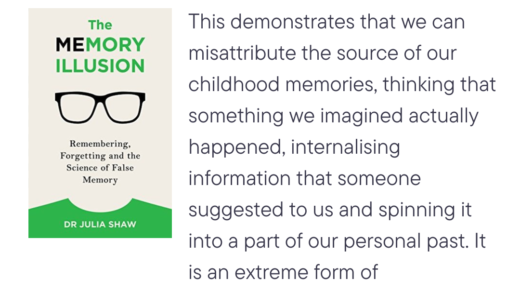What he wanted to know was—would the isolated people get sicker than the connected people? It turned out that they were three times more likely to catch the cold than people who had lots of close connections to other people. Another scientist, Lisa Berkman, had followed both isolated and highly connected people over nine years, to see whether one group was more likely to die than the other. She discovered that isolated people were two to three times more likely to die during that period. Almost everything became more fatal when you were alone: cancer, heart disease, respiratory problems. Loneliness itself, John was slowly discovering as he pieced together the evidence, seemed to be deadly. When they added up the figures, John and other scientists found that being disconnected from the people around you had the same effect on your health as being obese—which was, until then, considered the biggest health crisis the developed world faced.
The greatest insight I had over the past few years, and reinforced by this passage, is that our physical and mental health are all closely tied together. We might tend to see our various aspects (physical vs mental) as disparate things on their own, but the truth is that everything is interconnected and will have an impact.
While doctors and health professionals have to isolate symptons or problems in order to treat them, we have to take a holistic view of our own health. In this case, feeling isolated and lonely within our society will not only impact your mental health, but also lead to problems physically.
It also makes me think about how we could indirectly deal with with rising healthcare costs. Investing a lot more in the mental health of people, reducing financial stress through policies and improving the state of workplace environments could possibly help people get less sick, and hence, reduce the overalll cost of healthcare.



